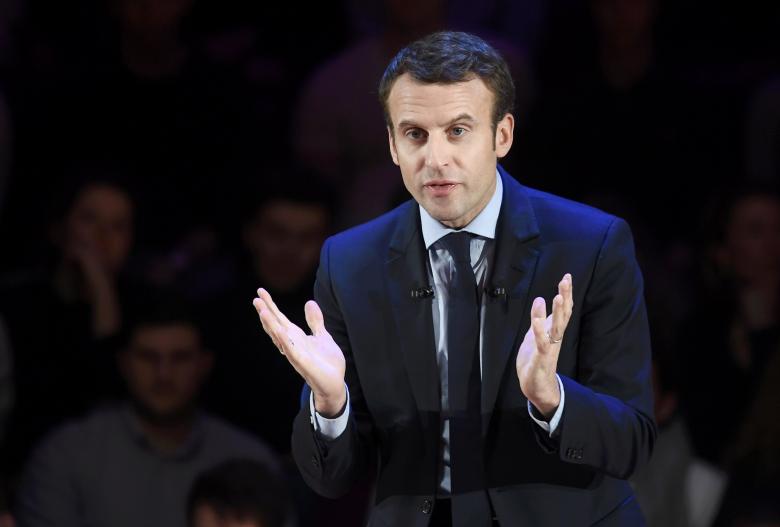Paris – The world watched anxiously the results of the first round of French presidential elections given their consequences on the future of the European Union (EU) and France foreign policy in the Middle East.
French electors have chosen the centrist candidate Emmanuel Macron and far-right candidate Marine Le Pen, yet Macron is more likely to reach the presidency.
While candidates focused in their electoral campaigns on topics related to economy, immigration and membership of the EU, Macron statements gave a hint on the policy he might adopt towards Syria, Palestinian-Israeli conflict and fighting terrorism. His policy seemed similar to previous policies but with some amendments.
The French president occupies a central position in drawing the defensive and foreign policy not to say that he is also the head of the French armed forces and the key holder of the nuclear weapon. That’s why the identity of the eighth president will have a decisive effect on Paris political and diplomatic choices as well as military ones during the five coming years.
The first remark on Macron, 39, is that he lacks experience in the international relations field except for his experience as a minister of economy for two years after being the economic consultant of former French President Francois Hollande – since he knows his weak point, he surrounded himself with diplomats to benefit from them.
In the Syrian file, Macron wants to “arrange the priorities” and the first one of them is fighting “ISIS” and getting rid of this terrorist group. He seems to prefer that Assad leaves in a political transitional process.
Regarding the Palestinian-Israeli conflict, Macron stance differs from that of the current government since he considers that a prompt acknowledgement of Palestinian as a state is unbeneficial.
On Turkey, he commented: “I regret very deeply the route Turkey is taking, and I disapprove of it.” Macron affirmed that he will protect democrats everywhere once he enters Élysée Palace.
